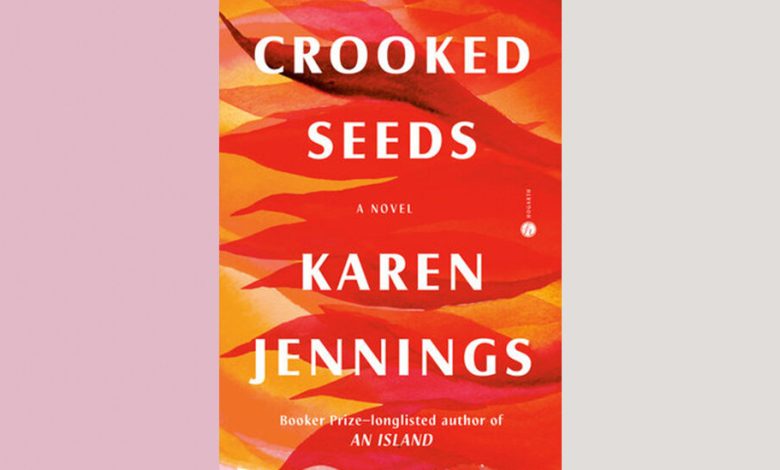When a Family’s Dysfunction Mirrors a Nation’s

CROOKED SEEDS, by Karen Jennings
When Nelson Mandela was released from Victor Verster Prison in 1990, after 27 years of incarceration, there was hope in the air. He and his wife, Winnie, raised clenched fists in triumph as they emerged from the prison gates, surrounded by supporters of different races. His release heralded a South Africa on the verge of transformation. The promise of a new rainbow nation drove masses in 1994 to the first inclusive general elections, but 30 years on, South Africa is floundering with power cuts, a tanking economy and xenophobia.
Karen Jennings’s compelling, meditative novel “Crooked Seeds” is set in Cape Town in the near future, when an extended drought has worsened already bleak living conditions for many South Africans. Deidre van Deventer must navigate her new life after the government reclaimed her family home to secure aquifers beneath her neighborhood. Her father is long dead, and her mother is struggling with mental illness at a care center across the street.
Deidre herself is struggling to survive; she moves through her crisis-stricken world on crutches, having lost a leg years ago. Indifferent to the plight of those around her, Deidre is a perpetual victim, lamenting her situation and taking advantage of everyone. In one scene, she cuts the line of people waiting at a truck for their daily allotment of water:
After she receives her water ahead of the hordes, the rest of her day involves begging for help, cigarettes and drinks from her neighbors. In Deidre’s mind, her whiteness and disability entitle her to demand what she thinks is her due, and it is no coincidence that those she abuses are people of color.
